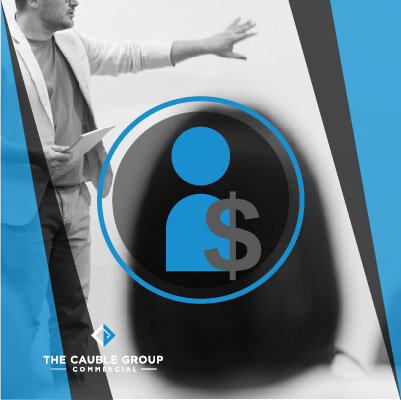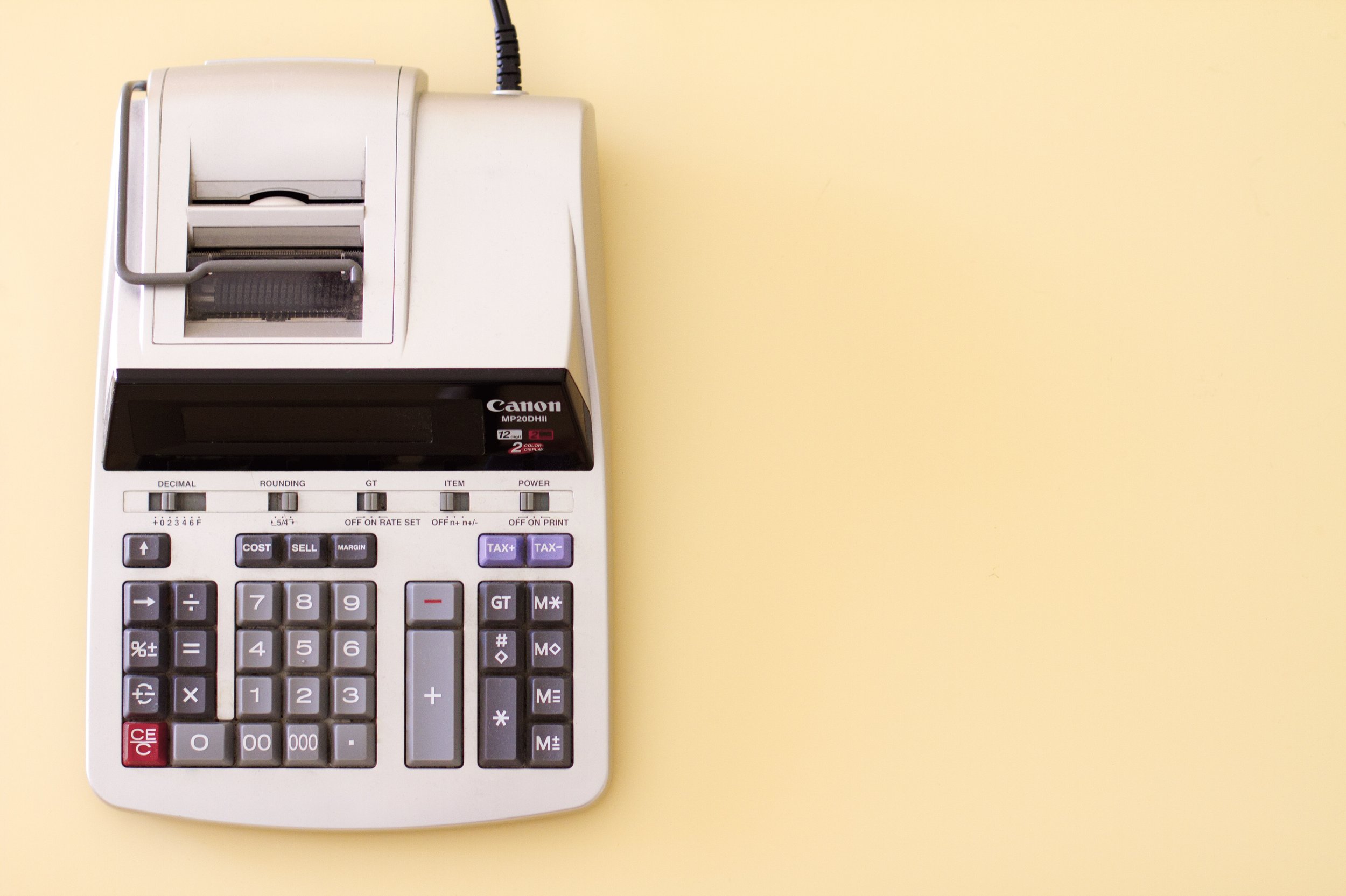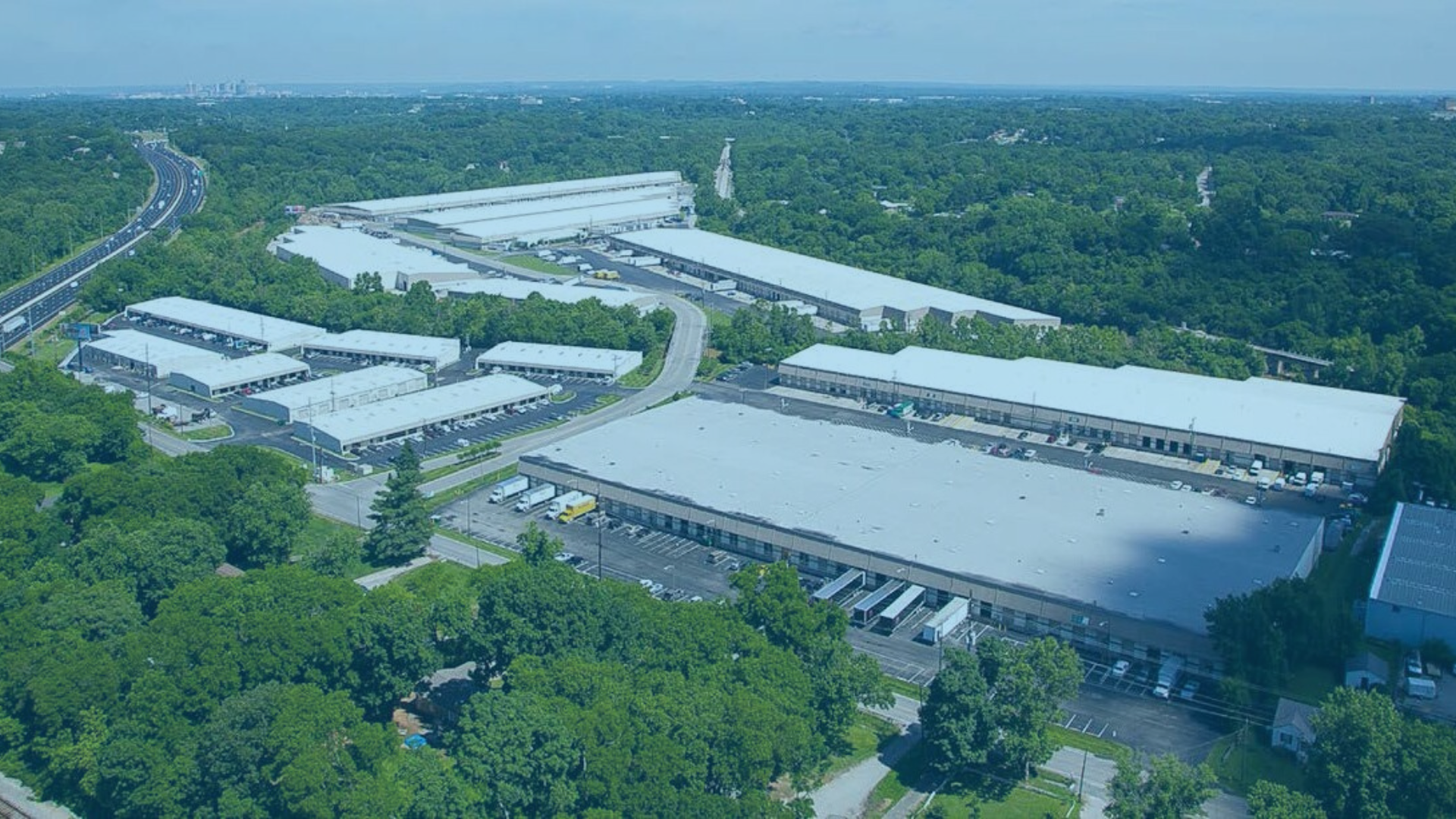Buying Commercial Real Estate with No Money Down
Investing in commercial real estate can be very lucrative.
Not only do you benefit from passive income through cashflow, but you also receive many other benefits, such as tax write-offs and appreciation in value.
However, there’s one pretty big problem with these investments…
You need money - and lots of it.
Unlike stocks and bonds, you can’t just invest with as little as a few hundred dollars (unless, of course, you’re taking the crowdfunding approach). For good deals, you’ll likely have to come out of pocket hundreds of thousands, if not millions, of dollars.
But - there are a few ways to get around that issue.
Here’s how to buy commercial real estate with no money down.
No - You Don’t Necessarily Need Money
That’s right - there are ways of getting around needing a down payment.
If you want to acquire commercial property but are running a bit low on funds, you certainly still have some options.
But Unless You Get Creative, You May Need Some Money Down
Just about any lender will want to see the borrower have some “skin in the game.”
Which does make sense if you put yourself in their shoes - if they’re going to give that much capital to you to purchase property and make any tenant improvements, they don’t want it to be easy for you to simply walk away when things get tough.
Lenders look at these investments from a risk-management perspective. The down payment is often a lender’s spread in the deal should everything go south.
So, the traditional bank approach likely won’t work if you’re trying to come out of pocket as little as possible.
That means - it’s time to get creative.
No Money Down Options
Here are a few options for investing in commercial property where you could potentially put no money down to acquire the project.
Sure, these methods may not be the easiest or most convenient, but they can be an excellent way to start building your portfolio before you have any money.
Rent to Own
Starting off with a lease on the property prior to purchasing it can actually be beneficial for both you and the seller.
Leasing will give you a chance to test the waters to make sure that the building and location will be right for you while decreasing your overall risk exposure.
The seller will also collect rent each month, which most landlords won’t be upset about.
Here’s how you could approach a rent to own scenario:
First, you decide upon an appropriate monthly rent rate and any tenant improvements, just as if you were negotiating a normal lease
Then, you pre-negotiate with the landlord how much of the rent will apply towards the purchase when you do decide to exercise a purchase option and what that purchase price will be
Next, you’ll set a timeline as to when you can exercise that purchase option - typically in a 3 to 7 year time period
Now, if at the end of that window you decide not to purchase the property, all you’ve done is lease the space. However, if you do decide to move forward and purchase the property, the seller will typically credit you the rent payments at closing, which could apply towards your down payment.
If you have any issues with finding a local bank or lender to loan you the money at the acquisition, you could always use one of my later methods, seller financing, in combination with rent to own.
SBA 7(a) Loan
If you own a small business, the SBA 7(a) loan may be the best path for you to take.
Certain lenders are offering financing up to 100% of the loan for qualifying business owners, so you’ll want to reach out to the top local SBA lenders in your area to see if this program is within their company initiatives.
Businesses that could potentially qualify for this loan program must have:
A significant amount of collateral
A debt service coverage ratio (DSCR) of 1.25x or higher
A track record of positive cash flow and stability
51% occupancy of the property or higher
And outstanding personal and business credit
So, there is certainly a catch there - if you take this loan route, your business will have to occupy the majority of the property in order to qualify.
However, you could use the SBA 7(a) loan to get started and eventually refinance the property once you have enough equity built up and then transition it into a full-time investment.
Seller Financing
As I mentioned earlier, you could explore a seller financing option.
Seller financing means exactly how it sounds - the seller, instead of a bank, will finance your acquisition of the property. Essentially, they’ll hold the note on the property and retain the mortgage while you make loan payments to them.
Seller financing is a good option for buyers with credit issues, as well, because sellers often won’t perform the extensive background and credit checks like traditional lenders will.
Now - keep in mind that while you may not necessarily be coming out of pocket for a down payment, you’ll likely have to pay above market interest rates or agree upon a higher purchase price in order to make the seller comfortable with a 0% down payment.
However, if seller financing does help you acquire the property, it may be worth it.
When pitching this offer to a seller, be sure to highlight the fact that they will retain that first position mortgage on the property, so they could always foreclose on you and take the property back if they have to. Hopefully, that’s a worst case scenario, but it could help you make the seller comfortable with this process.
Projects with seller financing will often have a 5 to 7 year balloon, which means the loan will come due and need to be paid off in full.
At this point, you’ll simply refinance the property to pay them off.
You could, of course, refinance the property anytime before that balloon in order to find better terms with a traditional lender if you’ve built up enough equity in the property.
If you want to keep your monthly payments as low as possible, I recommend trying to negotiate a 30 year amortization. One thing to keep in mind, though, is that you won’t have as much equity built up in the property when you go to refinance as you would if you did a 20 or 25 year amortization.
Seller Credits The Down Payment
This acquisition method is one of my favorites and certainly among the most creative, but you do have to be very careful with how you approach a seller crediting the down payment scenario.
You’ll want to be very upfront with your lender so that they’re aware of how the down payment is being paid. Many lenders often won’t like that you, as the buyer, aren’t the one coming out of pocket for that equity portion.
However, I’ve found that lenders may be willing to work with you in this case, especially if you have a strong pre-existing relationship.
When working with the seller, you’ll have to show them how helping you with the down payment is beneficial to them.
What I typically see is that the overall purchase price is raised to cover this cost so that the seller doesn’t have to necessarily come out of pocket to help you. If necessary, you can raise it a bit more so that the seller ends up profiting more - therefor incentivizing them to work with you because doing so is obviously more complicated than a traditional sale.
One thing to be aware of when increasing that acquisition price is that the property will still have to appraise in order for a lender to feel comfortable giving you the capital to take it down.
Depending on the current state of the property, this assistance could also be categorized as a “repair allowance” and credited to you at closing for making necessary repairs and maintenance to the building.
Transparency with all parties is crucial here so that you don’t find yourself in a legal bind.
Subject-To
Subject-to acquisitions became very popular during the Great Recession when property owners just wanted relief from the expenses of owning and maintaining their site.
If your seller is in a bind and needs to move quickly, you may be able to purchase their site subject-to the existing mortgage, which essentially means that you’re assuming their note and taking on the liability and expenses that come with it.
Again, you’ll have to find a very specific seller that is in dire straits and simply wants to walk away from the property.
You’ll want to check with the lender and read the loan documents to make sure that the loan is assumable, because if it isn’t, then the note will be called as soon as the deed is transferred to you, which could put you and the seller in a bad position.
Buying properties subject-to is an excellent way to help out a distressed seller while moving quickly on an investment.
Options with Little to No Money Out of Pocket
I’m sure by this point you’ve realized that the true “no money down” methods can be somewhat undesirable in some respects.
No money down options can be tough to pull off, so here are a few of my favorite “little to no money” down options.
Get Your Real Estate License
Having my real estate license was the best way for me to start buying commercial properties before I had any money.
There are certainly pros and cons to having your real estate license, but your ability to negotiate a commission on the purchase of a building is high on the pros list.
The first office building I acquired actually started out as an investment for a client of mine. They were going to buy it and move their company into the space, but when financing fell through, I had them assign the purchase and sale agreement to me.
I then approached two investors, pitched them on my plans for the site and asked them for $50,000 each.
I rolled in my 3% commission, which became 15% equity in the project and then took another 10% equity for finding the investment and managing the asset.
By having my real estate license, I’ve since acquired four more properties using this strategy and having little to no money technically out of pocket.
Bring the Opportunity to Investors
Don’t have cash but know people that do? Bring them into your deals!
Investors like to get a return on their money and need opportunities in order to do that. If you can put the sweat equity into the project by finding the deal and putting the plans together, investors may be willing to place capital with you.
If you don’t want to come out of pocket for any expenses, you’ll likely be giving the lion’s share of the equity to the investors, but they could still be advantageous for you since it gets you involved in the deal and you’ll start building your track record.
Similar to my previous method of getting your real estate license, you could set aside a portion of the equity for yourself for finding the deal and putting everything together.
Buy Vacant Property & Lease It Prior to Closing
I recently used this method to acquire a retail project in East Nashville.
We put the building under contract while it was vacant and our local lending partners were expecting a 20% to 25% down payment due to the risk of no income.
However, while it was under contract, my team and I worked to find a tenant for the building and ended up getting a lease executed prior to closing, which then allowed the lenders to value the property based on the income from the lease and not just the attributes of the property.
We were able to secure financing with a 90% loan to cost due to the high appraisal, which meant that we came out of pocket less than half of what we were anticipating going into the deal.
About The Author:
Tyler Cauble, Founder & President of The Cauble Group, is a commercial real estate broker and investor based in East Nashville. He’s the best selling author of Open for Business: The Insider’s Guide to Leasing Commercial Real Estate and has focused his career on serving commercial real estate investors as a board member for the Real Estate Investors of Nashville.






















If you're serious about real estate investing, it's time to look beyond those quaint single-family homes.
Bold statement? Absolutely. But stick with me here.
Now, don't get me wrong. Investing in a single-family home beats twiddling your thumbs on the sidelines of the real estate game. And yes, I'll even go out on a limb and say that residential real estate still outshines many other investment vehicles out there.
But that's not why we're here today, is it?
I'm about to lay out five reasons why commercial real estate should be your go-to play.